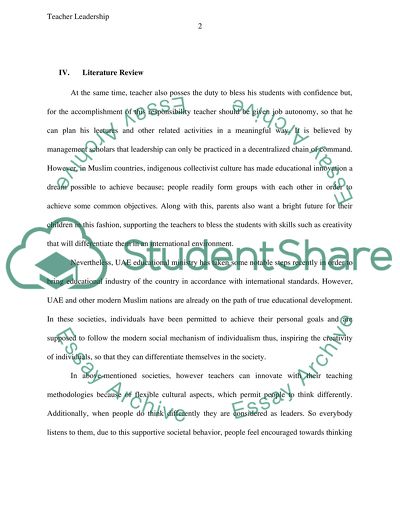Cite this document
(“Teacher Leadership and Educational Reforms Research Paper”, n.d.)
Teacher Leadership and Educational Reforms Research Paper. Retrieved from https://studentshare.org/education/1402152-implications-of-teacher-leadership-on-educational
Teacher Leadership and Educational Reforms Research Paper. Retrieved from https://studentshare.org/education/1402152-implications-of-teacher-leadership-on-educational
(Teacher Leadership and Educational Reforms Research Paper)
Teacher Leadership and Educational Reforms Research Paper. https://studentshare.org/education/1402152-implications-of-teacher-leadership-on-educational.
Teacher Leadership and Educational Reforms Research Paper. https://studentshare.org/education/1402152-implications-of-teacher-leadership-on-educational.
“Teacher Leadership and Educational Reforms Research Paper”, n.d. https://studentshare.org/education/1402152-implications-of-teacher-leadership-on-educational.


